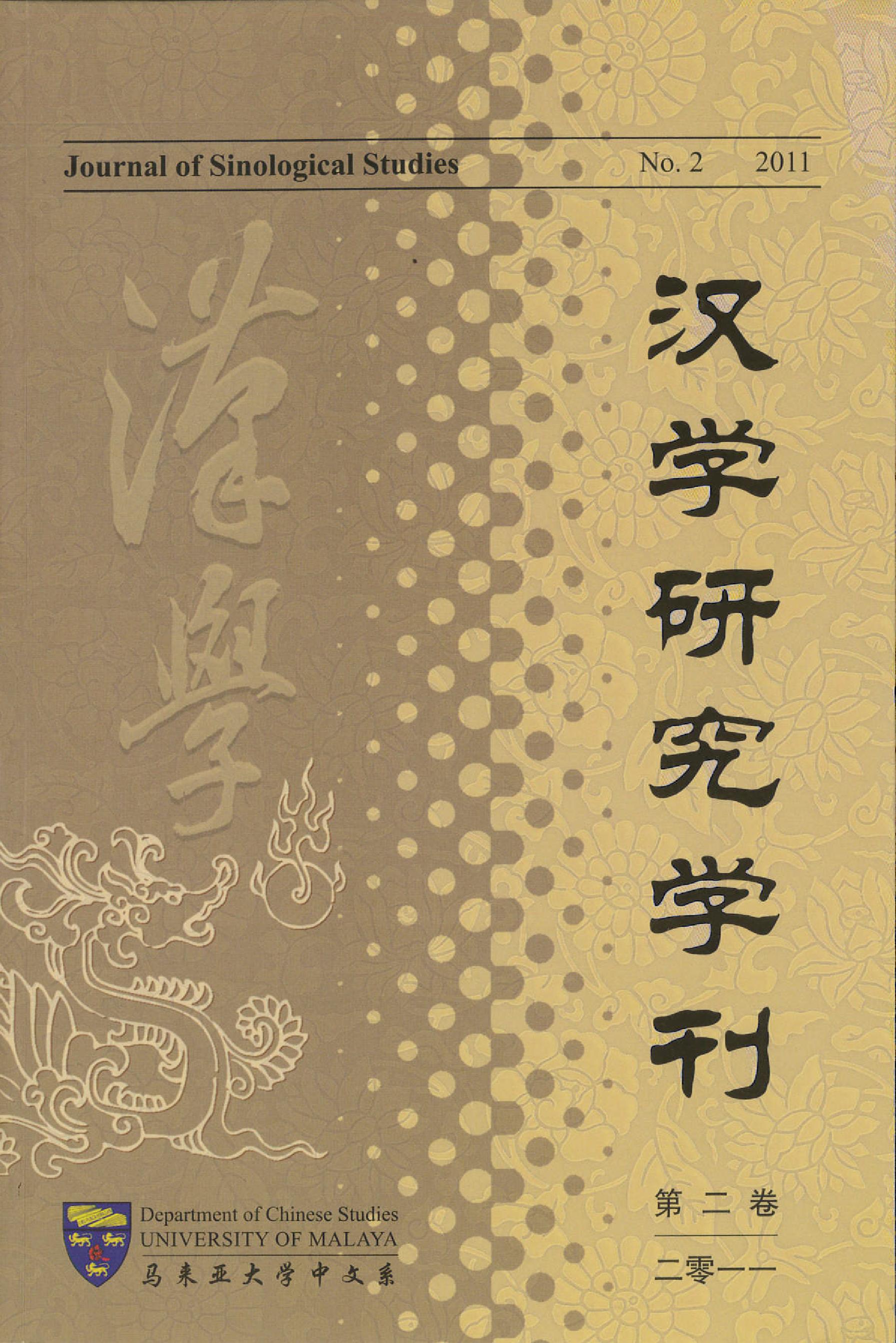论霍克斯《红楼梦》英译本中文化差异的翻译策略 A Study on the Translation Strategy of Cultural Differences in David Hawkes' English Translations of Honglou Meng
Abstract
Honglou Meng is a great work in the history of Chinese and world literature. It is acclaimed to be the peak of classic works in China, and also regarded as an encyclopedic novel of Chinese culture. It describes Chinese cultural heritages in a very vivid way. For the Chinese to English translation, the cultural differences between these two nations on religion, political system, humanities and history,…will bring about the phenomenon of semantic vacancy. Translation is a bridge between two cultures. If the translator uses the literal translation approach, the readers will not be able to understand the message because the method is not conveying the true sense of the original language. To deal with the cultural differences in intercultural translation, the translator needs to use translation strategy to solve the semantic vacancy problem. This paper illustrates the reasons for semantic vacancy, exhibits the feature of specificity in the domestication strategy of translation by analyzing David Hawkes' English translation of the first 80 chapters of Honglou Meng and its effects. This article attempts to study the cognitive mechanism of this strategy, aims at exploring the influential factors on the translation of cultural elements of this great novel, and to study the superficial and deep structure of the culture and language.
Keywords: translation of Honglou Meng. cultural differences, David Hawkes, domestication strategy





